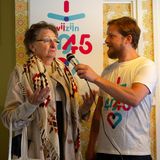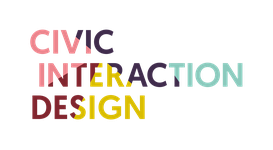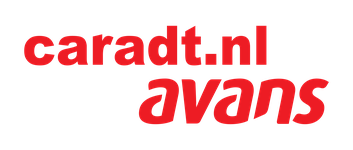This is the first episode of the series Charging the Commons and it will center around the process of becoming a commons — communities that share their resources such as energy, a garden, cars, a laundry room, etc. What does establishing such a community entail? What steps does a group of people need to go through in order to become a commons? This early setup stage can profoundly shape the development process of such communities, for instance: its (economic) viability, the management of the shared resources, everyday practices, members’ relationship with each other or the community affiliation with the broader environment. Exploring the process of becoming a commons (becommoning) can reveal useful insights: Which multiple factors hinder or stimulate commons initiatives? How are challenges (not) addressed? Which external actors can support sharing communities?




About the programme
This event is part of the project Charging the Commons, a 2-year research project developed by AUAS – Lectorate Civic Interaction Design, in collaboration with Avans Centre of Applied Research for Art, Design and Technology (Caradt). Charging the Commons explores how a situated-design approach can be employed to articulate the (social) values of resource communities. The project also examines how these values can be translated into a design for the management of an urban commons, using digital technologies. To learn more about Charging the Commons and its research outputs, visit chargingthecommons.nl
Project Partners: Space & Matter, Crowd-Building, Metabolic, Dark Matter Labs, De Warren, Stipo, Digital Design Agencies, Dutch Blockchain Coalition, Commons Network, Pakhuis de Zwijger, ThingsCon, Waag, Het Nieuwe Instituut, PBL.








